Nature reports
Category: Beach and sea
Page 16 of 17 - 168 Results
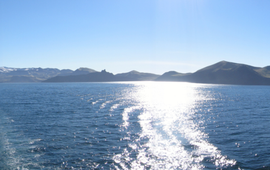
From 31 May to 7 June, Wageningen Economic Research investigated the litter that had washed up on remote beaches in the Arctic. The most commonly found items were pieces of plastic, fishing nets and rope...
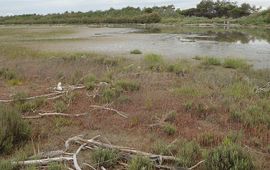
Salt marshes along the Mediterranean coast are important habitat for fish and birds and these ecosystems store CO2 and help protect coasts against increasingly stronger waves and sea level rise. However, the dominant robust..
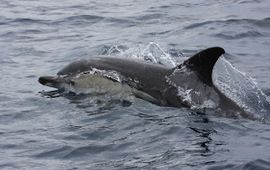
A large-scale international survey of whales, dolphins and porpoises in European Atlantic waters has estimated a total of more than 1.5 million cetaceans in the area in summer 2016. That has become clear after SCANS III, the third..
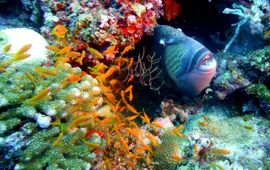
Years of experiments and careful observation along the shores of the Galápagos Islands have untangled a complex food web of sea lions, fish, urchins and algae, revealing who eats (or doesn’t eat) whom and what impact they have on..
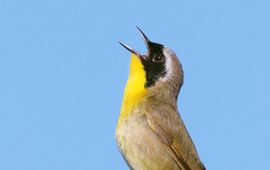
The world is noisy. In cities, we find ourselves constantly surrounded by the moan of motors, the screech of sirens, and the prattle of people. So much so, that we often crave the peace and quiet of the countryside. But silence is..
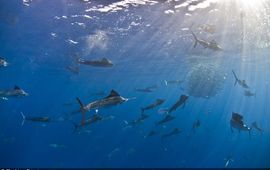
Sailfish are large oceanic predatory fish that attack their prey with their long, sharp bills. When hunting, individuals increase their success rate by specialising in one attacking side, as a team led by researcher Dr. Ralf..
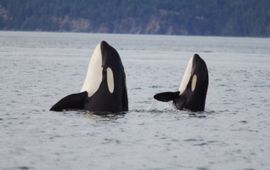
Why do some females not just reproduce until they die? As in humans, killer whale females go through a menopause and stop reproducing at a certain age. A new study by the Centre for Research in Animal Behaviour (CRAB) reveals that..
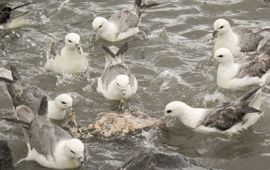
Plastic marine litter, both industrial granules and consumer wastes decline slowly but with certainty. For some years, this tendency was already present. Now, the addition of the data of monitoring year 2015 to the time series of..
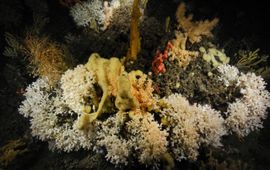
Deep-sea coral reefs grow in the oceans at great depths in the dark. They can be found around the peaks of limestone mounds rising from the seafloor up to hundreds of meters. The corals produce these limestone mounds themselves:..
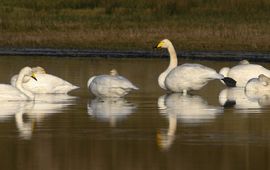
Global populations of mammals, birds, reptiles, amphibians, and fish have declined by 58 percent between 1970 and 2012. Animals living in the world’s lakes, rivers, and freshwater systems have experienced the most dramatic..
